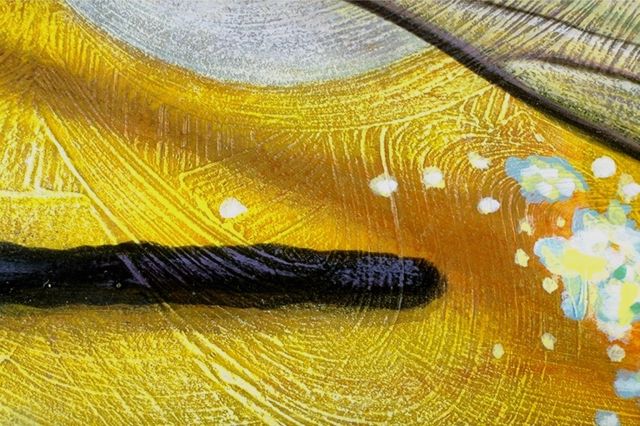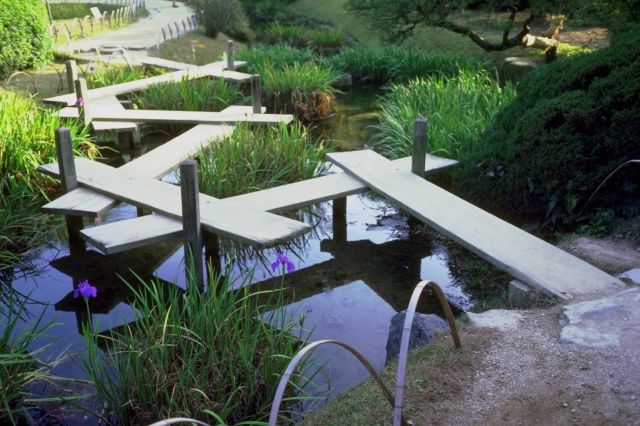 For years, Jenny Hughes and I have been promising ourselves to submit a paper for the Academic Archers Conference. And this year we have finally got our act together. You can read the short abstract below. But first, for non UK readers what is the Archers? According to Wikipedia:
For years, Jenny Hughes and I have been promising ourselves to submit a paper for the Academic Archers Conference. And this year we have finally got our act together. You can read the short abstract below. But first, for non UK readers what is the Archers? According to Wikipedia:
The Archers is the world's longest-running radio soap opera. The British production, which has aired over 18,600 episodes, is broadcast on Radio 4, the BBC's main spoken-word channel. Originally billed as an everyday story of country folk, it is now described as a contemporary drama in a rural setting.
Five pilot episodes were aired in 1950 and the first episode was broadcast nationally on 1 January 1951. A significant show in British popular culture, and with over five million listeners, it is Radio 4's most listened-to non-news programme. With over one million listeners via the internet, the programme holds the record for BBC Radio online listening figures.
The Academic Archers is an experimental form of academic community with The Archers as a lens through which wider issues can be explored. The web site (which includes videos from the 2018 conference) explains: "As a community we share our knowledge of the programme, our research interests, and a lot of laughs, creating the academic field if you will, of Ambridgeology. In all that we do, are values are to be 'curious, generous and joyful'."
And so on to our abstract:
Education and careers in the Archers viewed through the lens of gender and class
The paper will explore attitudes to education and educational participation and achievement in The Archers through the lens of gender and class.
There has never been a teacher in the cast of the Archers. The nearest is Jim, but as a retired Classics professor, he is something of a parody. Does the Archers have a problem with education?
Attitudes to education and to the choice of future career are largely determined by class. There's the split between the cathedral school and the state school. Shula and Elizabeth's kids attend the Cathedral school, the Brookfield children the other. Ruari is so precious he is a boarder - too good for the Cathedral school?
Higher education remains a relative rarity in Ambridge. Phoebe, Alice and Pip are the exceptions, although the Fairbrother’s rugby playing background suggests they too may have attended university. Apprenticeships are for the less academically able, such as Johnny.
Parental background largely accounts for choice of career. Few offspring have flown the nest to a completely new occupation. Indeed, it is notable that Ambridge still lacks a single person working in Information Technology.
And what of children with SLD? The only child with Down’s Syndrome was ‘removed’ from Ambridge to the big city to better meet her educational needs despite educational policy promoting integration in local, mainstream schools?
The question is to what extent The Archers reflects changing attitudes to education in rural areas of the UK and continuing divisions through class and gender?
About the authors
Both Jenny Hughes and Graham Attwell are lifelong Archers listeners. They work for Pontydysgu, an educational research organisation based in Pontypridd. Their research includes the training of teachers, the use of technology in the classroom and careers education.








